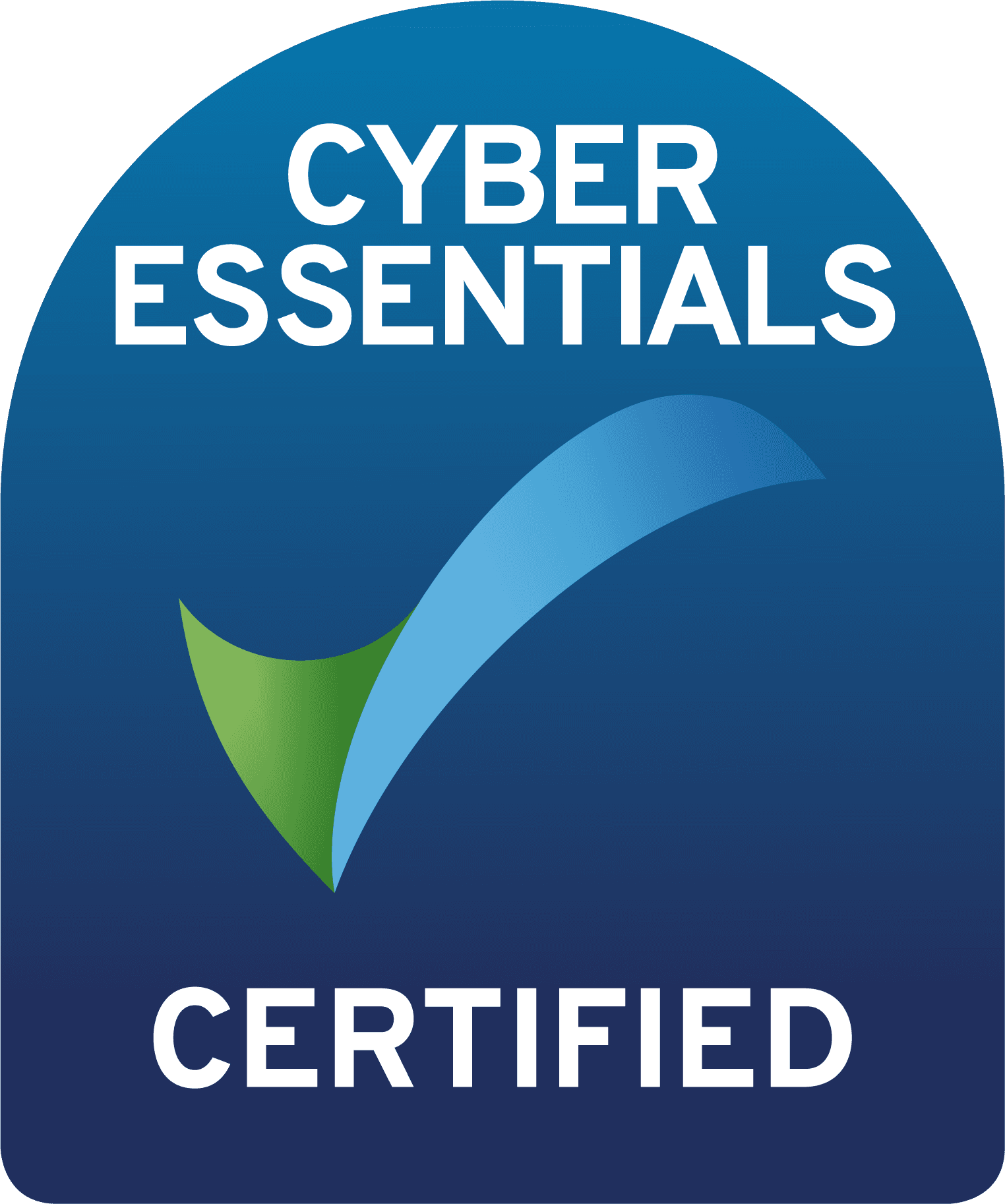Drug Use Disorders Identification Test DUDIT
Drug Use Disorders Identification Test DUDIT overview
Creator and Context
The Drug Use Disorders Identification Test (DUDIT) is an effective screening tool designed to identify individuals with drug-related problems. It comprises 11 items that assess the level of drug intake and the presence of substance abuse or dependence, aligning with diagnostic criteria from the ICD-10 and DSM-IV.
The DUDIT was developed as a complement to the Alcohol Use Disorders Identification Test (AUDIT). It was created to address the need for a simple, self-administered screening instrument specifically focused on identifying problematic drug use.
Presenting Conditions
The DUDIT is aimed at detecting various aspects of drug use, including:
The extent and pattern of drug consumption.
Behaviours indicative of substance abuse or harmful use.
Signs of drug dependence.
Administration
The DUDIT is a self-report questionnaire that can be administered in a range of settings, from healthcare facilities to community-based programs. Respondents answer 11 questions about their drug use habits, with responses scored on a scale that varies depending on the question.
Desired Audience
This tool is suitable for use with adults and can be particularly useful in primary care, mental health, and substance abuse treatment settings.
The DUDIT serves as an initial screening tool to identify individuals who may benefit from a more comprehensive assessment for drug use disorders. It is not a diagnostic tool but provides valuable initial insight into the level and impact of an individual's drug use.
Considerations
Cultural and social factors may influence the responses and should be considered during interpretation.
Positive results on the DUDIT should lead to further assessment by a healthcare professional.
The tool should be administered in a non-judgmental and supportive manner.
How to score the Drug Use Disorders Identification Test DUDIT
Conducting the assessment
The individual responds to 11 questions, with response options varying from frequency scales to yes/no answers. The questionnaire is straightforward and can be completed quickly.
Interpretation
Responses to the DUDIT items are scored on a scale, with higher scores indicating a greater likelihood of drug use disorders. A specific cut-off score is used to identify individuals who may require further assessment or intervention.
Clinical Considerations
Use DUDIT scores as an initial step in identifying drug use disorders.
Follow up with comprehensive assessments for those scoring above the threshold.
Consider the individual’s overall mental and physical health in conjunction with DUDIT results.
Drug Use Disorders Identification Test DUDIT use cases
Screening for drug use problems in healthcare and social service settings.
Preliminary assessment in substance abuse treatment programs.
Research studies on drug use patterns and associated problems.
Category
Drug & Alcohol
Research Summary
Berman, A. H., Bergman, H., Palmstierna, T., & Schlyter, F. (2005). Evaluation of the Drug Use Disorders Identification Test (DUDIT) in criminal justice and detoxification settings and in a Swedish population sample. European Addiction Research, 11(1), 22-31.
Voluse, A. C., Gioia, C. J., Sobell, L. C., et al. (2012). Psychometric properties of the Drug Use Disorders Identification Test (DUDIT) and the DUDIT-E among individuals with alcohol use disorders. Addictive Behaviors, 37(1), 36-41.
Other Assessment Guides
Alcohol Use Disorders Identification Test AUDIT
Explore the Alcohol Use Disorders Identification Test (AUDIT) in our comprehensive guide. Learn about its development, application in identifying alcohol-related issues, scoring interpretation, and clinical utility. Essential for healthcare professionals focused on early detection and intervention in alcohol misuse.
Australian Treatment Outcomes Profile ATOP
Explore the Australian Treatment Outcomes Profile (ATOP) - a comprehensive 22-item tool for assessing substance use and wellbeing in treatment settings. Understand its application, scoring, and clinical significance.
CAGE Alcohol Questionnaire
Learn about the CAGE Alcohol Questionnaire, a concise tool for identifying potential alcohol abuse and dependence. This guide covers its methodology, application, scoring, and clinical relevance, making it a valuable resource for healthcare professionals in diverse settings.










